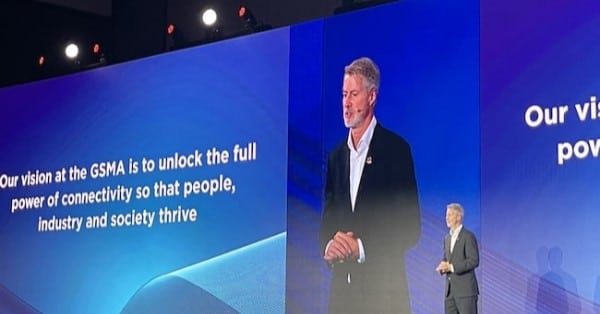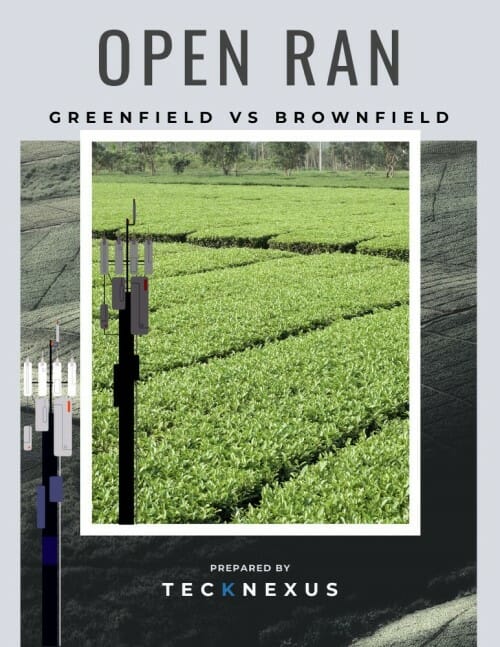The GSMA announced a new industry-wide initiative called GSMA Open Gateway, a framework of universal network Application Programmable Interfaces (APIs), designed to provide universal access to operator networks for developers.
Launched with the support of 21 mobile network operators, the move is aimed at changing the way the telecoms industry designs and delivers services in an API economy world.
Signatories to the GSMA Open Gateway Memorandum of Understanding are America Movil, AT&T, Axiata, Bharti Airtel, China Mobile, Deutsche Telekom, e& Group, KDDI, KT, Liberty Global, MTN, Orange, Singtel, Swisscom, STC, Telefónica, Telenor, Telstra, TIM, Verizon, and Vodafone.
Mats Granryd (pictured), Director General of GSMA, indicated that the GSMA Open Gateway has the potential to harmonize digital services in a way that resembles how standardization efforts in the 1980s enabled mobile voice roaming.
“By applying the concept of interconnection for operators to the API economy, developers can utilise technology once, for services such as identity, cybersecurity or billing, but with the potential to be integrated with every operator worldwide. This is a profound change in the way we design and deliver services,” Granryd commented.
Network APIs
Eight universal network APIs, are available at launch, including SIM Swap, Quality on Demand (QoD), Device Status (Connected or Roaming Status), Number Verify, Edge Site Selection and Routing, Number Verification (SMS 2FA), Carrier Billing – Check Out and Device Location (Verify Location).
Further APIs are expected to be launched throughout 2023. The APIs are defined, developed and published in CAMARA, the open-source project for developers that is driven by the Linux Foundation in collaboration with the GSMA.
To illustrate a potential application of the QoD API, Henry Calvert, Head of Networks at GSMA, provided the example of a virtual music concert where musicians are based in different locations.
“For both the consumers and the artist, or the fans and the artists, we are offering to be able to increase the quality of their connectivity,” Calvert said in an interview with Mobile World Live. “You need low latency in the communications link.” Calvert added: “We’re trying to enable those network capabilities consistently from every operator that’s providing connectivity, so there’s a standard northbound to the developers, and the content production houses that are producing these events … we’re trying to standardise that northbound to ensure that there is that consistency.”
Demos
A number of GSMA Open Gateway demonstrations are taking place during MWC23 Barcelona, including an immersive music concert showcased by Axiata on the GSMA Pavilion.
In addition, the 5G Future Forum (5GFF) will enable musicians from all over the world to jam over the 5G networks of Rogers, Verizon and Vodafone, while KDDI, Telefónica, Mawari and Sturfee will showcase online shopping with the XR Digital Twin Store. Elsewhere, Deutsche Telekom is demonstrating applications of APIs, including QoD, alongside Matsuko and Orange.
Source: Mobile World Live































